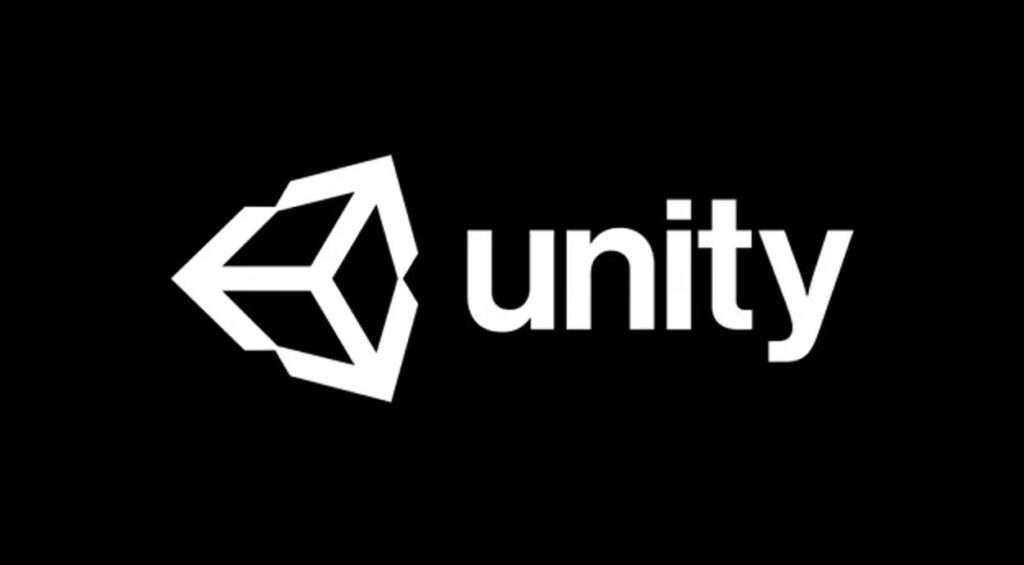Unity Shakes Up its Pricing Model
Unity, the renowned video game engine, is switching gears with its pricing structure. Starting January 1st, 2024, they’ll adopt a pay-per-download scheme, charging developers each time a Unity-powered game is installed.
Understanding Unity’s Shift
Unity explained this bold move on its blog: “Every game download also means a Unity Runtime installation. Hence, an initial install-based fee benefits creators, unlike revenue share models.”
The charges vary depending on the developer’s Unity subscription tier and the game’s purchase location. Games from standard markets like the US and UK carry a higher fee than those from emerging markets such as India or China.
What This Means for Developers
Fear and frustration dominate the developer community. This new system might disproportionately affect solo, indie, mobile, and marginalized developers.
Key concerns include:
- Charging fees based on installs, regardless of reasons for multiple installs.
- Impact of pirated games, demos, cross-device downloads, and subscription services like Game Pass.
Stephen Totilo of Axios further fanned the flames by tweeting that Unity would charge developers for each re-download or download on different devices. However, Unity plans to counter misuse by introducing fraud detection tools and allowing abuse reports.
Clarifications from Unity
Totilo later shared insights from a Unity executive, Marc Whitten. The highlights:
- Unity will charge only for the game’s initial installation. An extra fee applies if users install a game on a second device.
- Fees for subscription services like Game Pass will be shouldered by distributors, like Microsoft, not developers.
- No charges for game demo installations unless it’s bundled with the full game.
Challenges Ahead for Developers
Brandon Sheffield from Necrosoft Games voiced concerns about the sudden change: “We didn’t foresee this. This new model affects our upcoming game, Demonschool. Switching engines after 4+ years isn’t feasible.”
Adding salt to the wound, Unity’s announcement also shared the discontinuation of the Unity Plus subscription tier. Current Unity Plus subscribers ($400/year) will soon face the Unity Pro rate – a hefty $2,000/year.
Digital game preservation might also suffer. Developers might be forced to delist older titles to dodge these new fees. Unity’s install tracking method raises questions too, especially concerning government privacy regulations.
Crypto Community’s Take
In the decentralized world of crypto and web3, such centralized decisions have always been viewed critically. Unity’s move is reminiscent of traditional banking fees that the crypto community actively challenges. As developers look for more transparent, user-friendly models, could decentralized gaming platforms seize the opportunity?
Unity’s shift to a pay-per-download model has undeniably ruffled feathers. As developers grapple with potential setbacks, the industry waits to see if Unity will adjust its course or if an alternative solution will rise to the occasion.
“Come play Venba at my place, but don’t download it,” jokes Abhi, creator of Venba, reflecting the mood of many devs in the gaming community.












